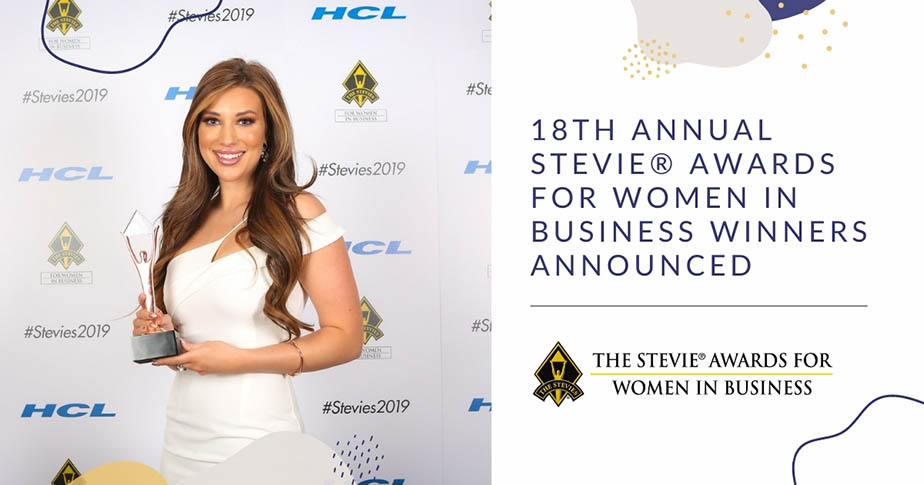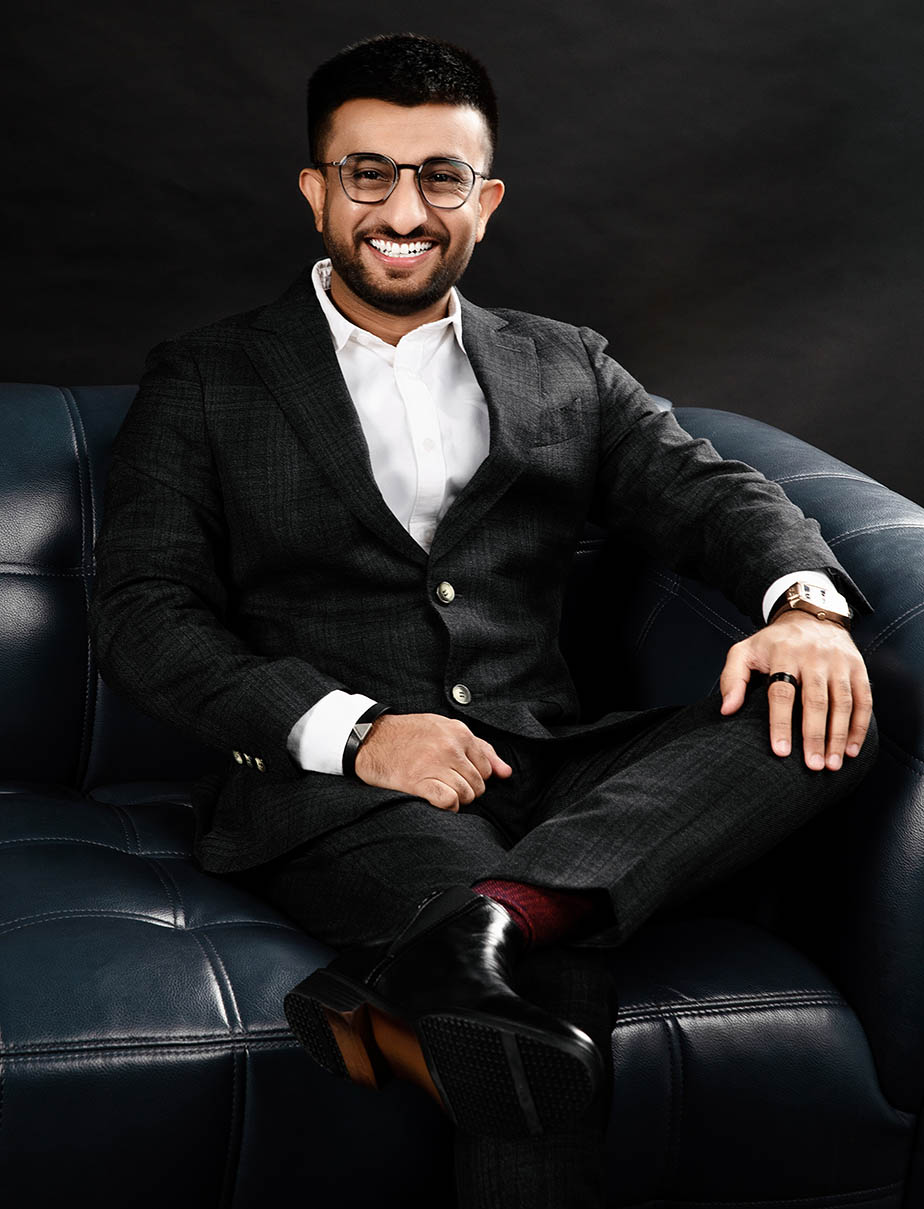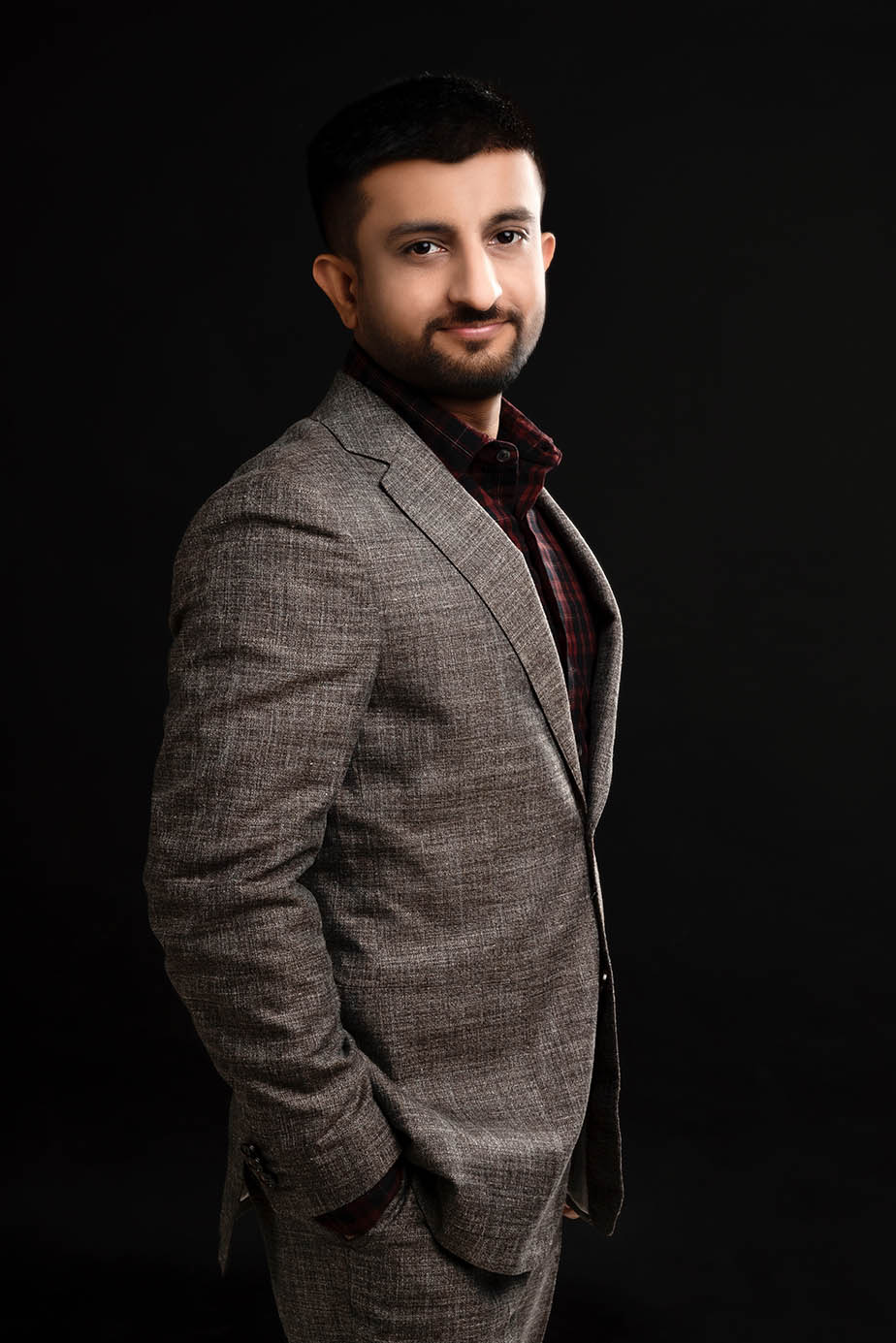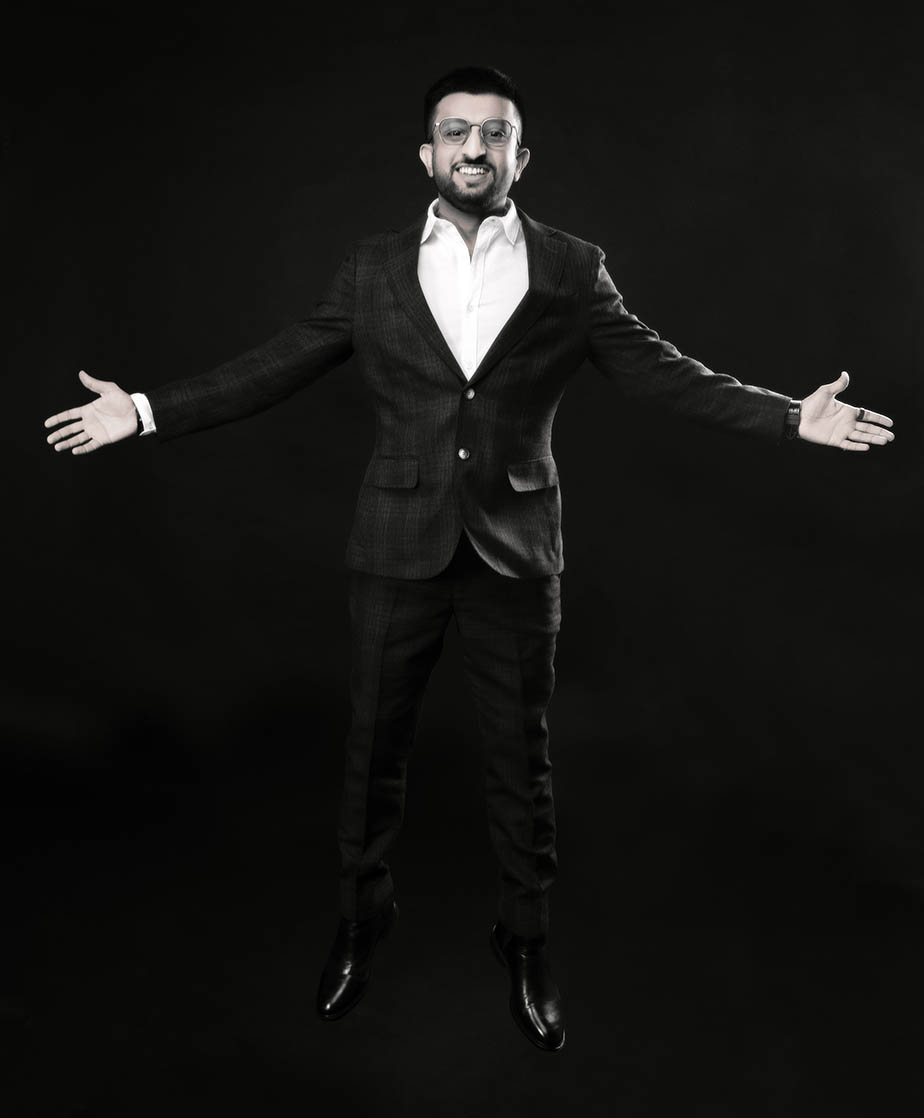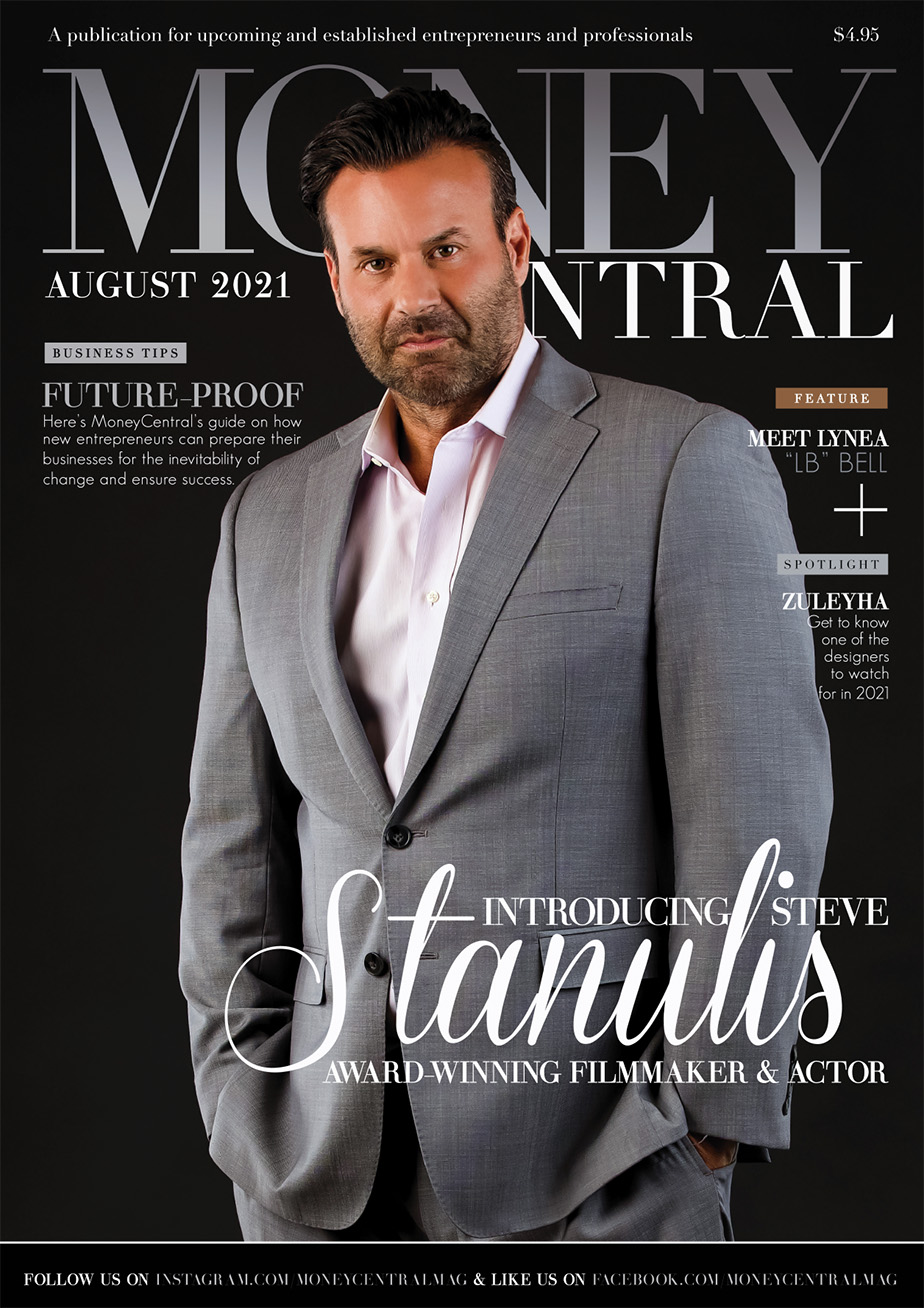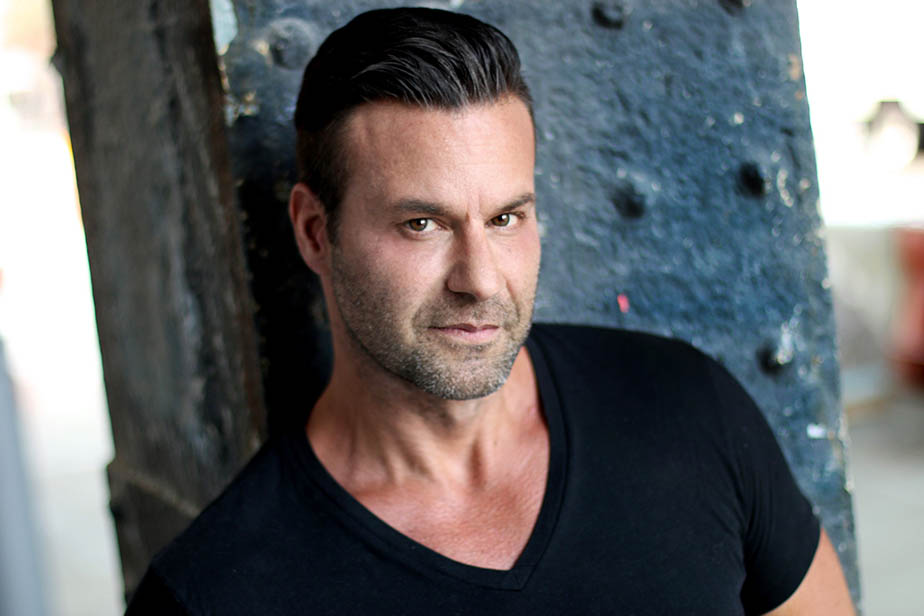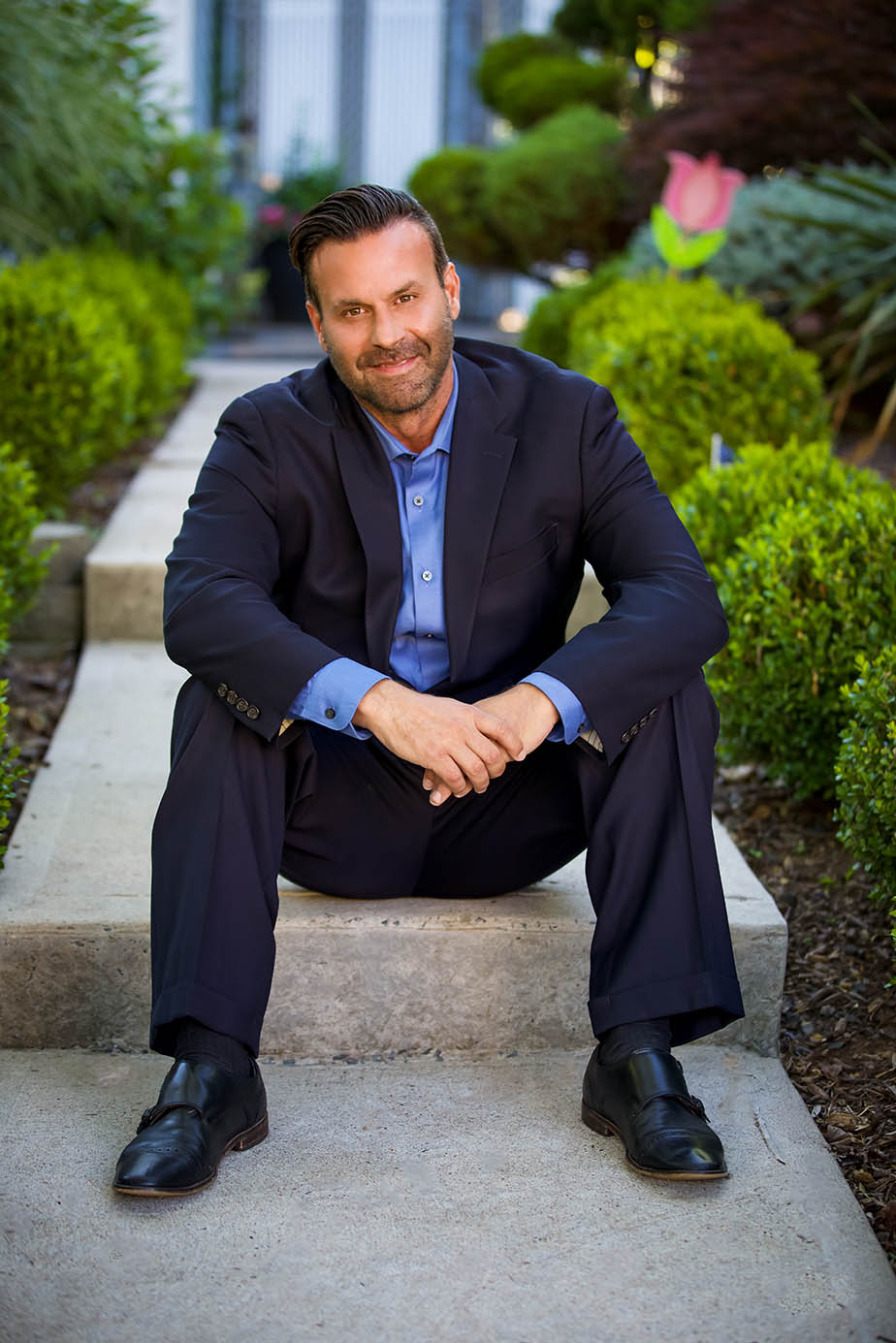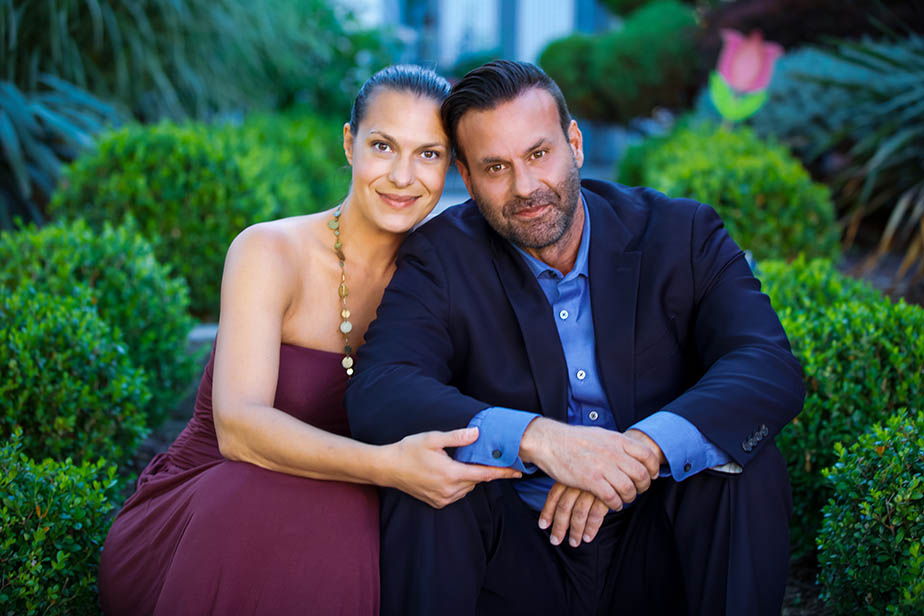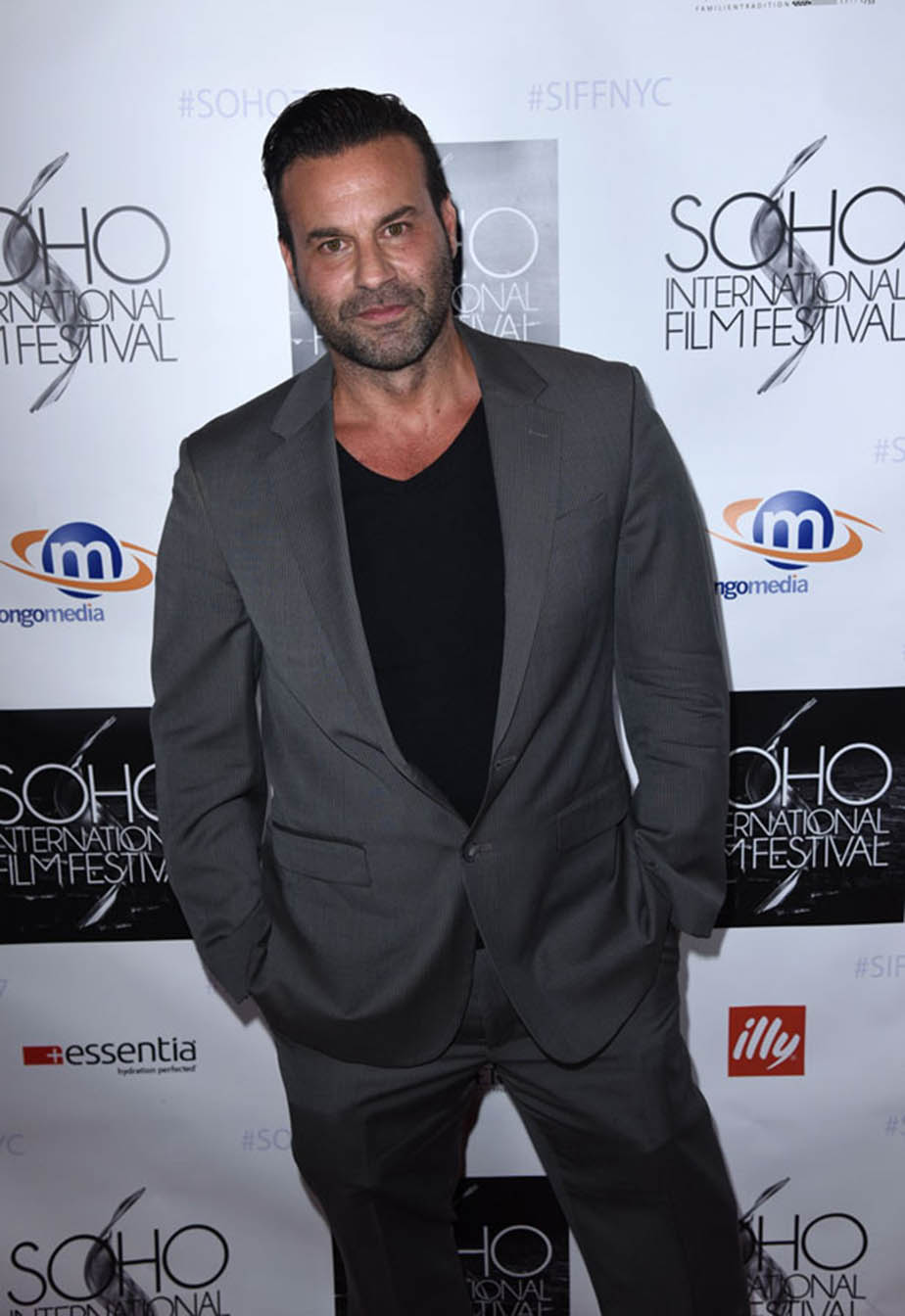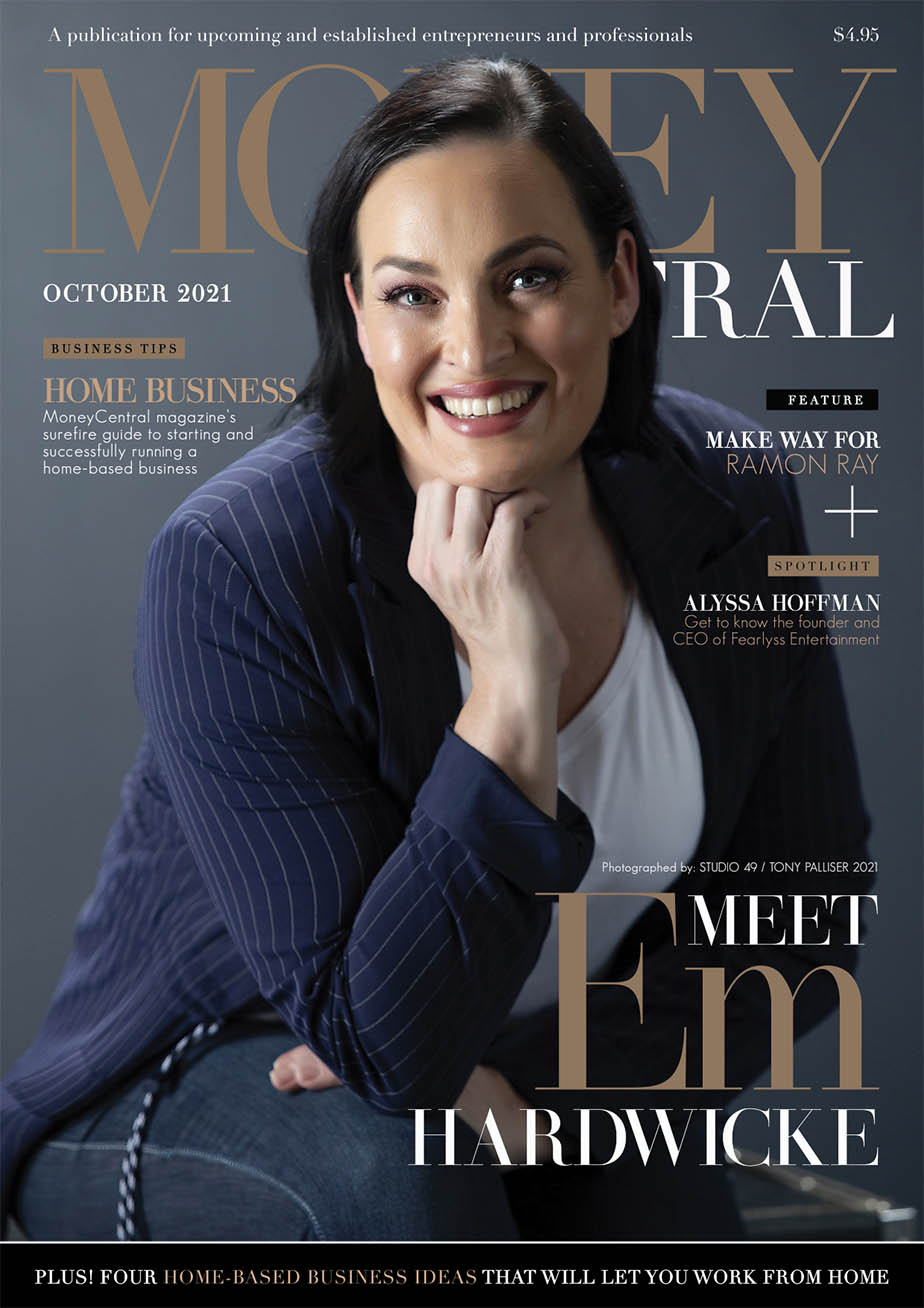
Download Now
It took Em Hardwicke 40 years and the birth of her beautiful son to be truly comfortable in her own self, to love the person she is, and to be proud of her achievements and successes in life. Em’s son is her world. He is what inspires and motivates Em every day and she wants her son to know that anything is possible with passion, determination, and hard work.
It is this passion, determination, and hard work that has got her through some tough times and has given her the strength and courage to take on some big dreams and physical challenges over the years. She has trekked Kokoda, Everest Base Camp, Mont Blanc, Mt Meru and Mt Kilimanjaro. She has also competed in several ultra-marathons including the Ultra-Trail Australia 50km and 100km. She does these things, not to stand on a podium or to break any records – but to remind herself of what she is capable of and of the beauty this world has to offer. Doing these things reminds Em to always be the best version of herself.
For Em, like for so many others, 2020 was a year never to be forgotten… Australia battled the Snowy Mountains bushfires in January then COVID in March which saw her get stood down from her job and ultimately made redundant – leaving her without work and her family not knowing what was next.
Not one to let a setback deter her from achieving her goals, She refocussed and at the age of 46, after 25 years in Event Management, she’s now embarking on a career in Real Estate and Property Management, which is exciting for her giving her a new focus. However, she also couldn’t let all of her knowledge and experience in event management go to waste, so she took the opportunity to rebrand and relaunch. Hence, her Event Management Consulting business, Meraki Events and Public Relations as well as The Meraki Academy of Personal Development and Coaching were born.
MoneyCentral magazine recently caught up with Em to discuss her journey as an entrepreneur and here’s what went down:
When did your entrepreneurial flair first reveal itself?
I have always had determination and have always been a bit of a self-starter, but I guess my entrepreneurial flair first revealed itself after a stint living and working overseas and when I returned home to Australia there wasn’t much full-time work available within my industry. So I decided to set up my own business and freelance – this gave me a lot of flexibility and the opportunity to take on a number of projects at the same time and really diversify my skills and experience in different areas, making me more employable and more valuable within the Event Management industry.
In addition to working full time, I have four small businesses of my own… Meraki Events & Public Relations, The Meraki Academy of Personal Development & Coaching, Soul Purpose Body Products, and Jindy Treats.

Photographed by: STUDIO 49 / TONY PALLISER 2021
How did your life look like before being an entrepreneur?
I have always loved being busy and have always loved having variety in my days and in my work, so I think the biggest change I noticed when working for myself was the ability to be able to choose the projects I wanted to work on and the variety that my workdays took on.
As an entrepreneur, what is it that motivates and drives you?
Definitely the rewarding feeling when you pitch and land a new client… or when a new retailer chooses to take on your product. But I think the biggest motivator for me is customer satisfaction. I have always said that customer satisfaction is paramount to my success. If my customers and clients aren’t happy or aren’t satisfied with my work or my products, then I am not doing my job!
In one word, describe your life as an entrepreneur and explain why.
Passionate and Determined! Okay, so I know that is two words, but I truly believe I have passion and determination in equal measure.
It has not always been an easy ride and there have been disappointments along the way, but I have always got up, dusted myself off, and landed on my feet and I know it is my passion and determination that has allowed me to do that.

Photographed by: STUDIO 49 / TONY PALLISER 2021
What were your top three motivations for starting your business?
Circumstance, necessity, and opportunity… that combined with absolutely loving what I do and doing what I love.
What do you put your success down to?
Passion, determination, hard work, and a strong work ethic. It is also important to know your clients and be clear on the services and/or products you have to offer. Don’t spread yourself too thin – you are better off being really good at some things than mediocre at many things.
What would you say are the key elements for starting and running a successful business?
For me, it was all about having a clear plan about the products/services each of my businesses was to focus on and a clear target market. Without clarity, there is no direction. Without direction, you have no destination. I once read a quote that has stuck with me and always reminds me what is missing when I find myself stuck, or in a rut.
“Clarity has purpose and strength and brings with it the undeniable ability to move forthwith into our chosen direction.”
This is when I stop, reflect, refocus and gain the clarity I need to move forward.
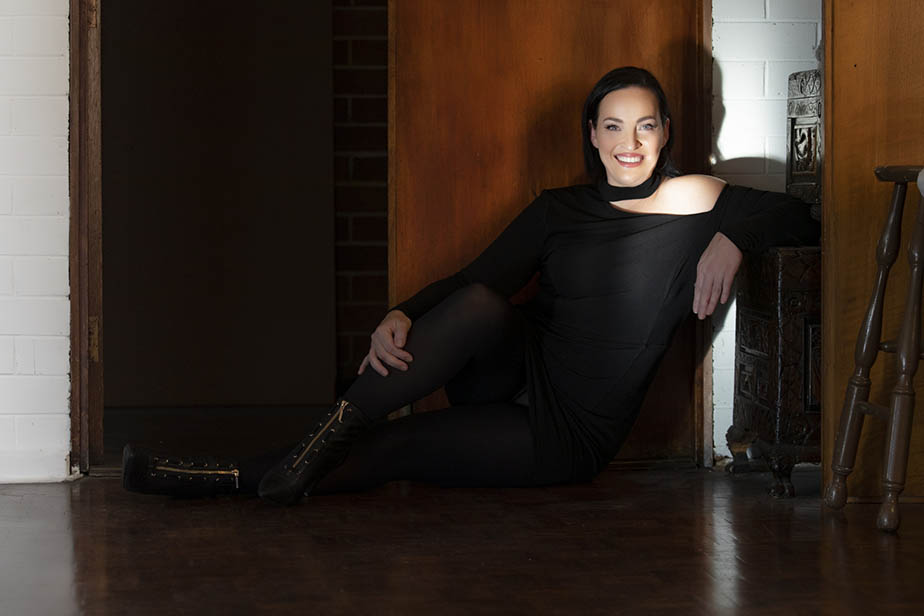
Photographed by: STUDIO 49 / TONY PALLISER 2021
What are the three biggest challenges you have faced growing the business and how did you overcome them?
I think there are always different challenges at different times. When I first started my business, my biggest challenge was getting my foot in the door and getting people to take a chance on me, particularly if I was completely unknown to them.
Another challenge for me was not selling myself short or undercutting myself just to get a job – you have to know your worth and be able to sell that to a prospective client.
Overcoming these challenges was a challenge in itself as it largely came down to believing in myself and not taking the knockbacks and lost contracts personally.
I found as I won pitches and landed contracts, the door opened a little wider each time. I also did a lot of research about salaries, wages, and contract rates, and how to quote a job fairly so the client felt they were getting great service at a rate that was affordable, but I was also still charging at a rate that I knew I was worth for the work I was doing.
Knowledge and confidence was a big factor in overcoming these challenges.
Knowing the market, knowing your worth, and being confident in your ability.
Does the loneliness of the entrepreneur really exist? Is there such a thing?
I have never found entrepreneurship a lonely venture. Perhaps this is because I have always surrounded myself with a lot of people and have also, more often than not, had another job to give me some stability and human interaction while I have been starting and building my businesses.
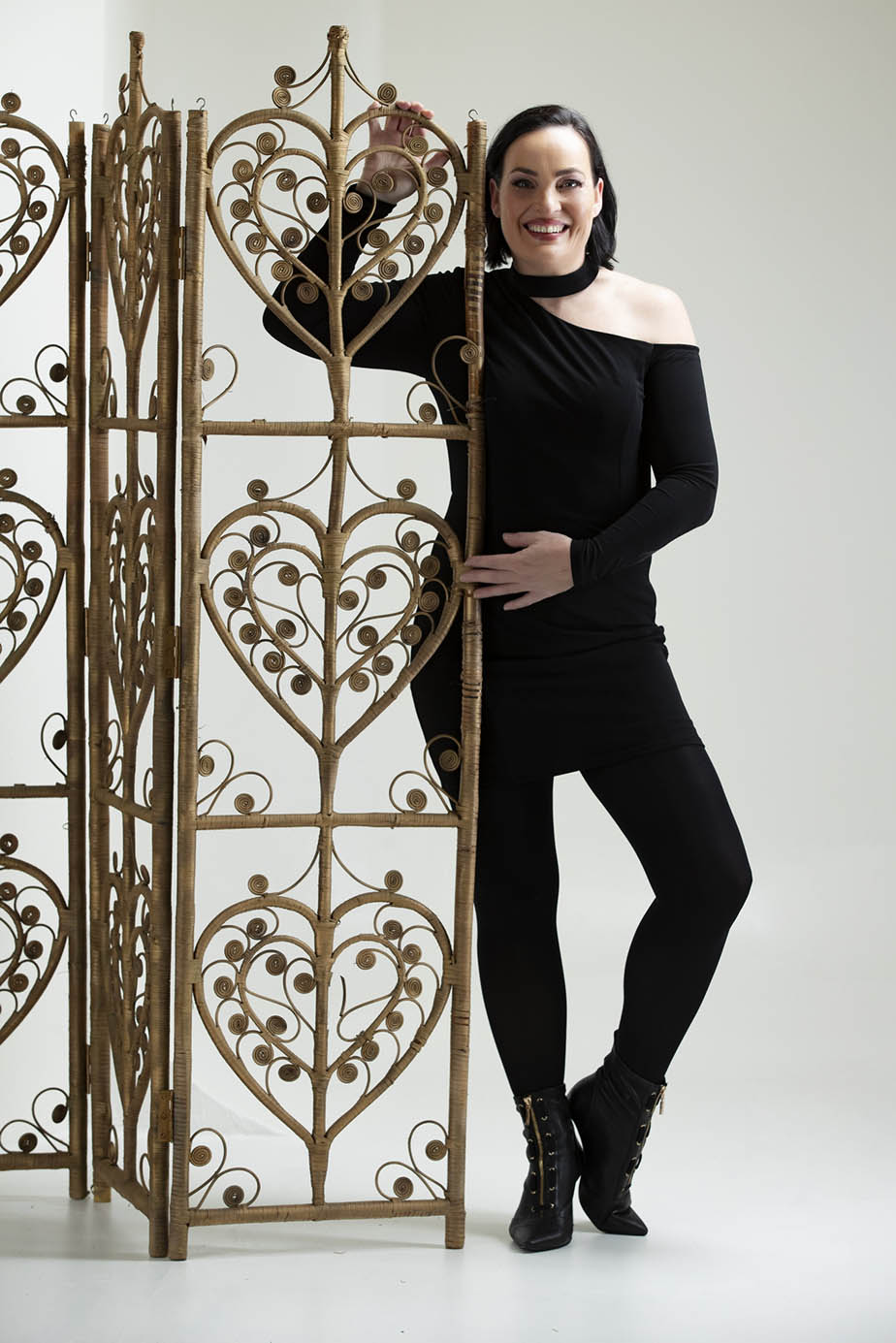
Photographed by: STUDIO 49 / TONY PALLISER 2021
As you grew the business, what have been some of the most important leadership lessons you have learned?
Be clear on what your definition of success is for your business and do what is necessary to achieve those successes. Your definition of success will always change as the business grows, but so too does the plan and actions needed to achieve the new goals set for yourself and for your business.
My businesses are still small and all still growing at a pace I am happy and comfortable with. One of the biggest lessons I have learned along the way is to never let my business become bigger than I can, or want to, handle. I always remind myself that a business doesn’t have to be BIG conglomerates to be successful.
The other important leadership lesson I learned at a very young age, and one I apply to all aspects of my life. Always treat people the way you would like to be and would expect to be treated, and NEVER ask someone to do something you wouldn’t be willing to do yourself.
What do you hope to see happen in the near future for small businesses all over the world?
I truly believe small business needs to be nurtured and supported. There is absolutely a place in society and the world for big business and multi-national firms and operations, but I also believe that big businesses and multi-national firms are not the place for everyone, and nor should they be.
The pandemic has, in the blink of an eye, totally destroyed so many small businesses around the world and destroyed the lives of the people whose blood, sweat, and tears have gone into building these businesses.
I would love to see some of the big businesses and multi-national firms around the world, whose businesses have remained largely unaffected by the global pandemic, establish a series of small business grants to support many of these small businesses re-establish and re-build. There are a lot of amazing business minds in this world whose businesses have failed, by no fault of their own. Small business is an important part of society and all contribute to a country’s economy, but do not have the support and backing of deep pockets to keep them afloat when times get tough.

Photographed by: STUDIO 49 / TONY PALLISER 2021



